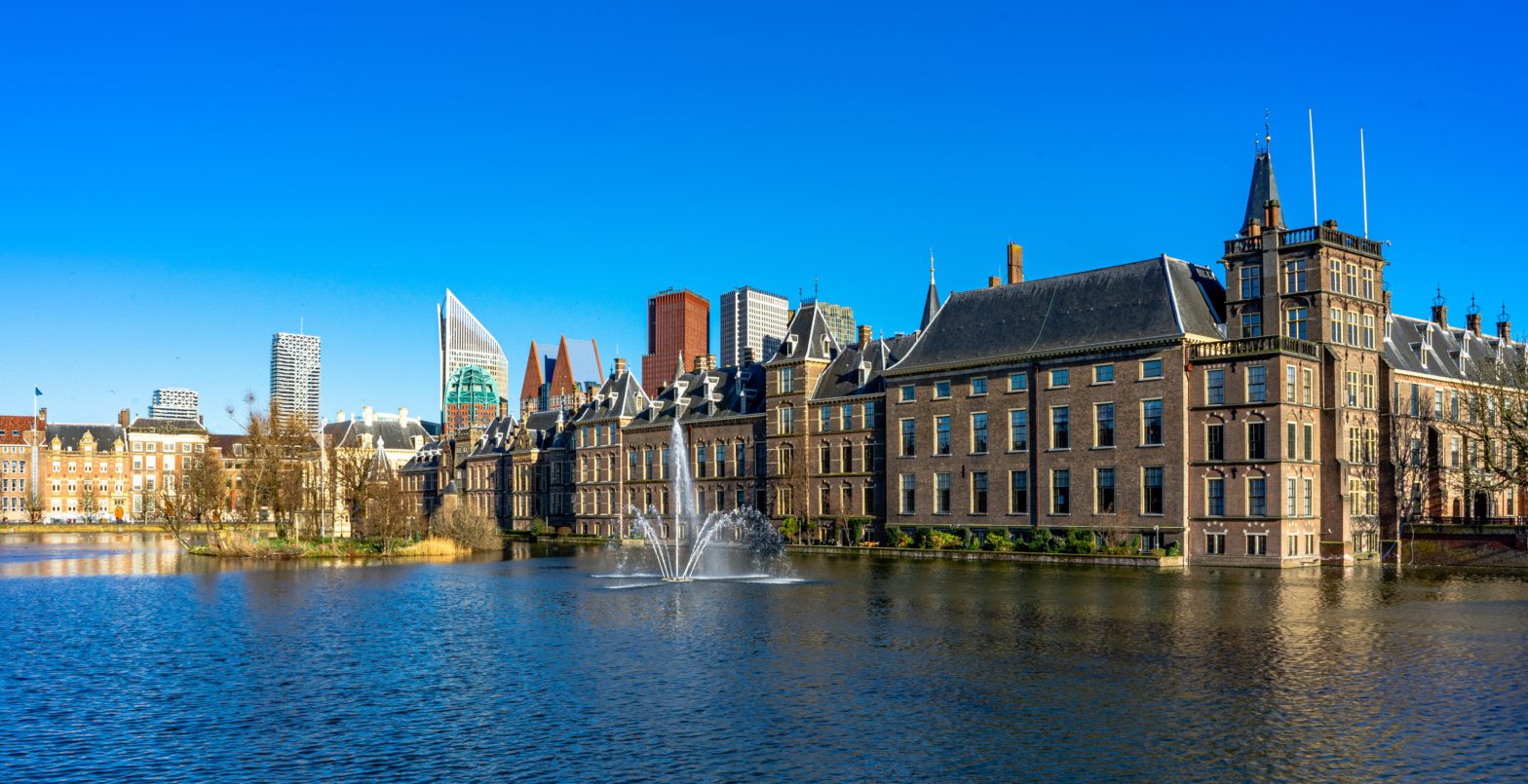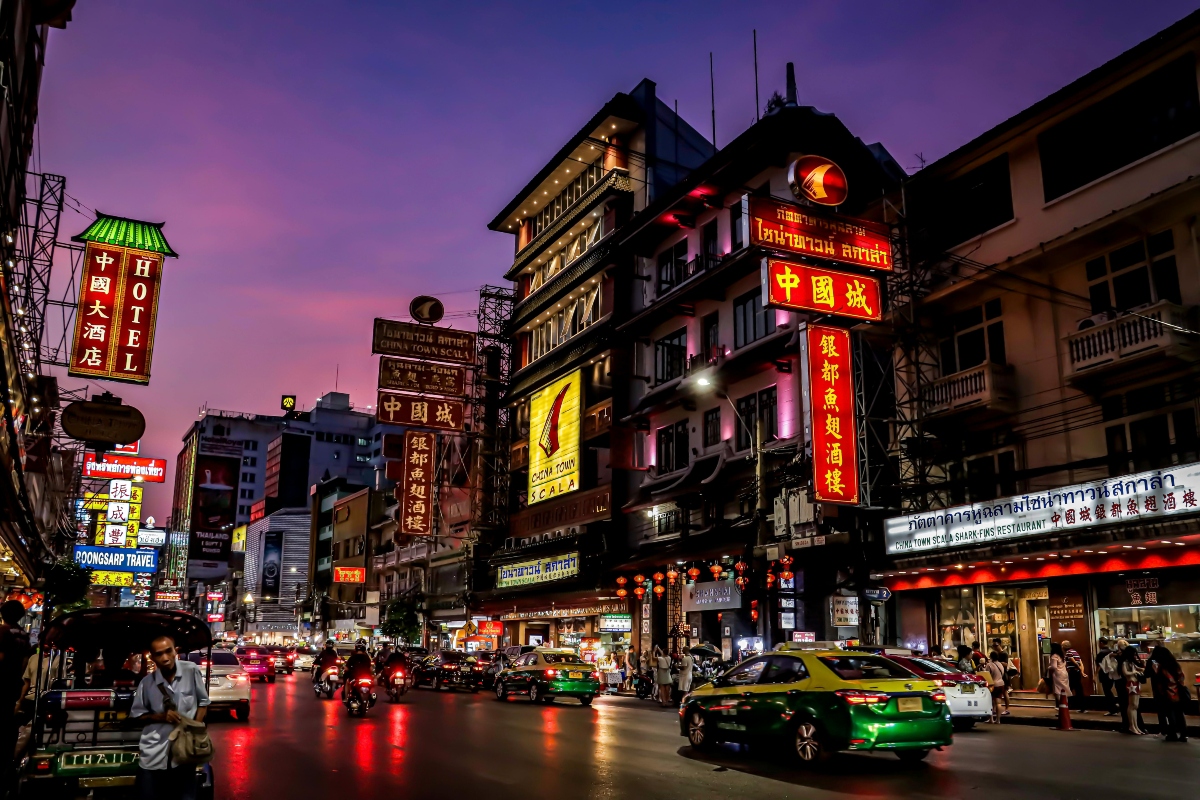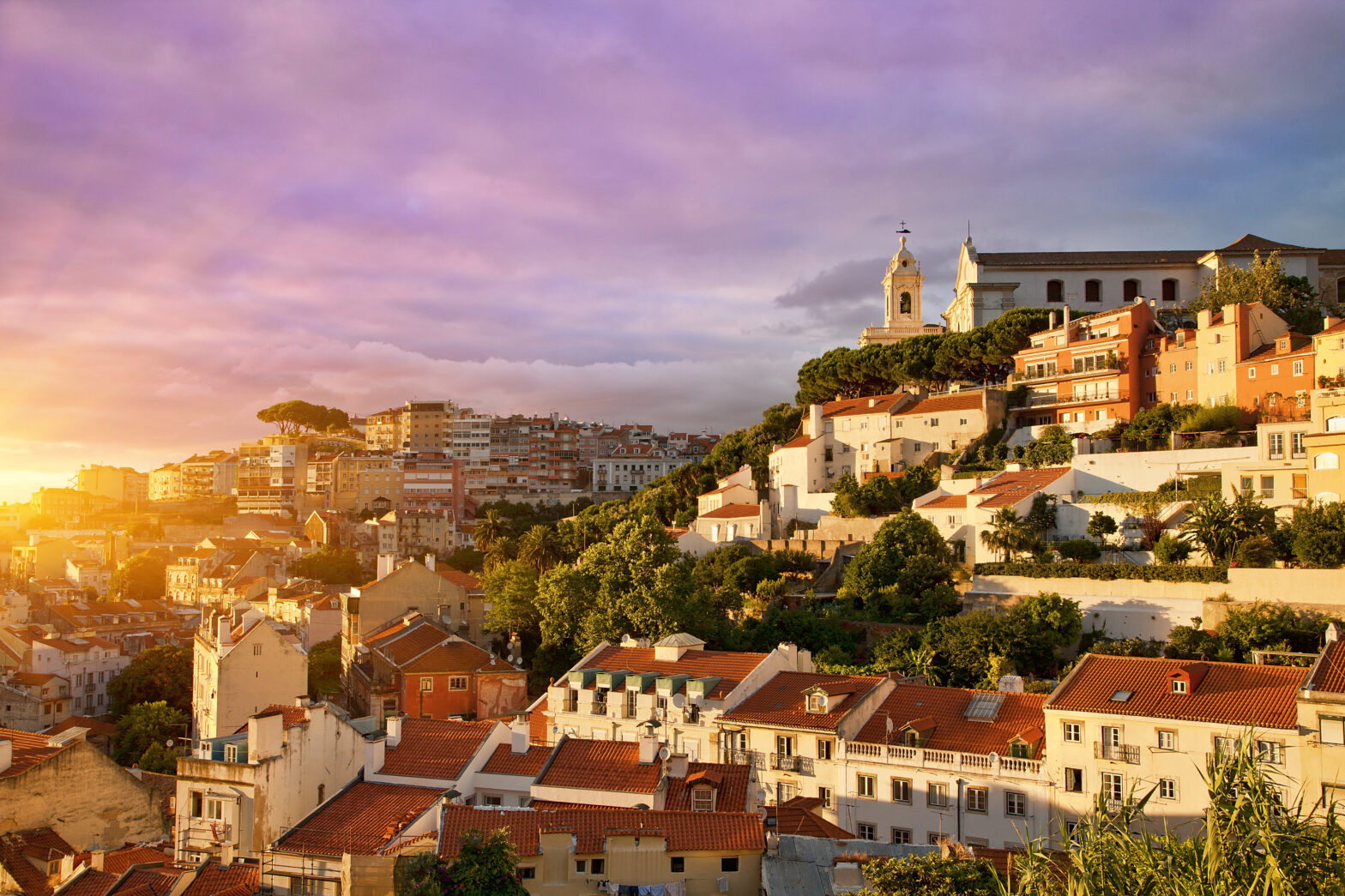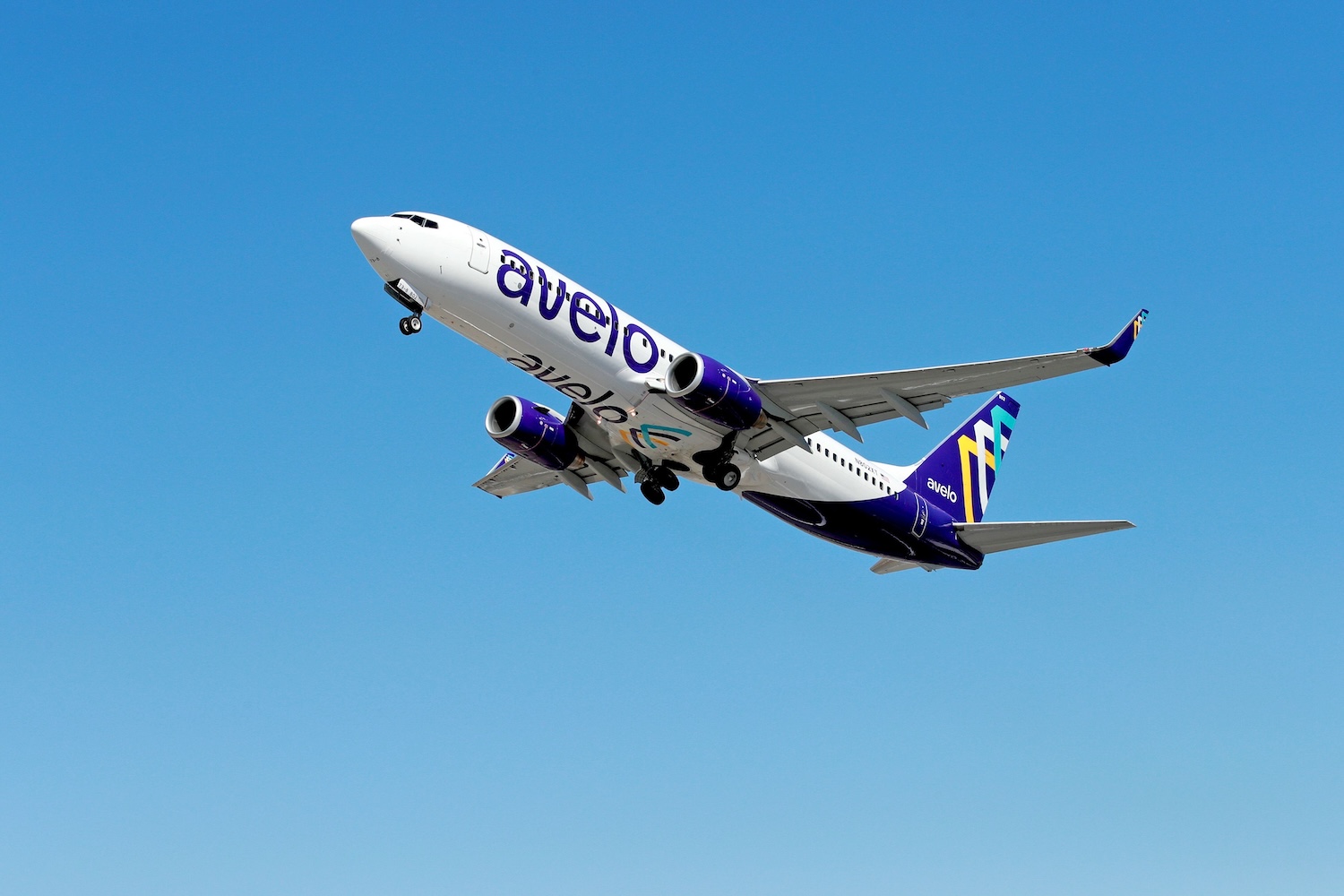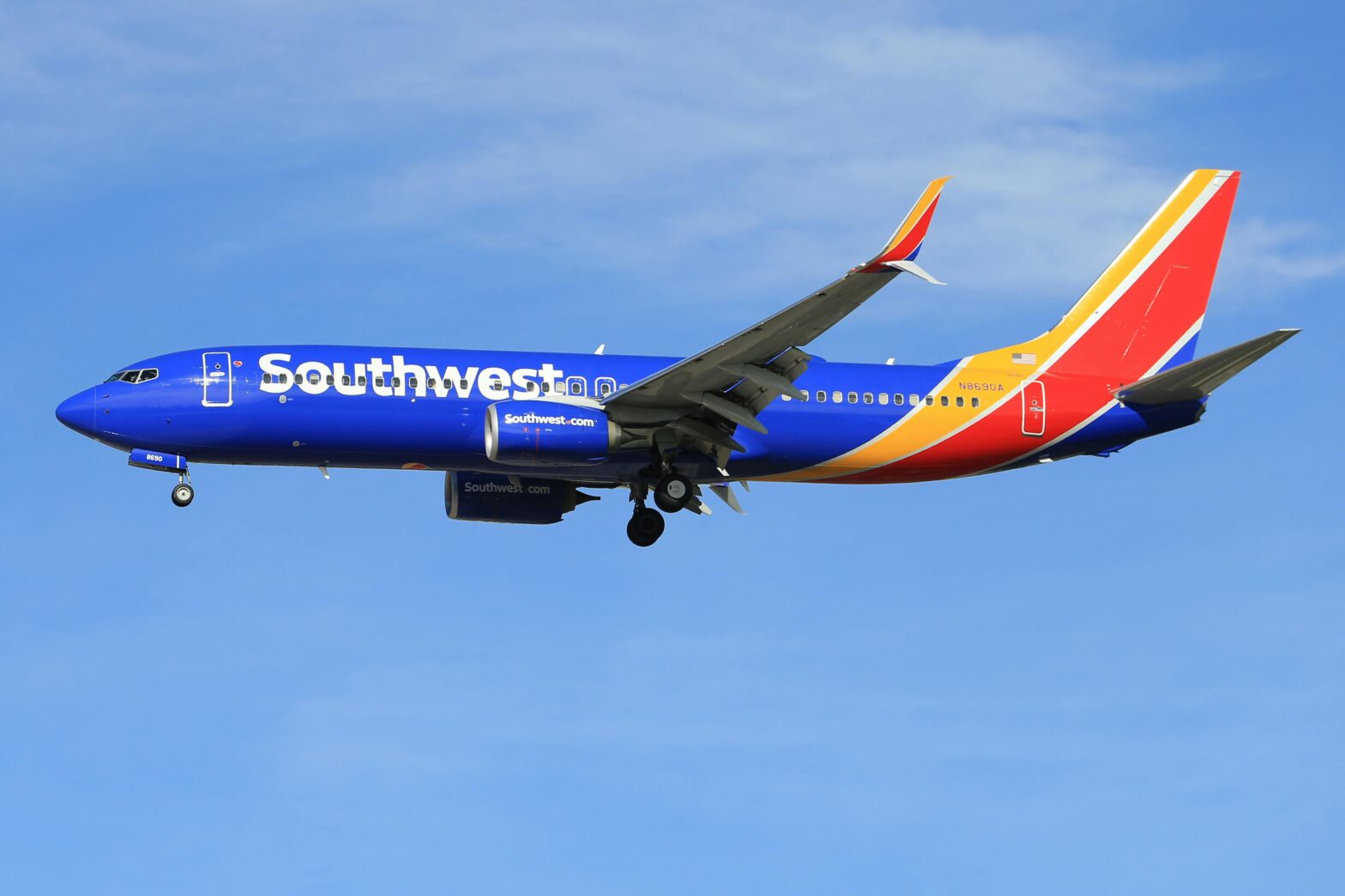When discussing the superpowers that profited most from the slave trade, Britain, France and Portugal usually dominate the conversation. Not to mention Spain, Belgium and much later, The United States. But Holland also headed a ruthless campaign, particularly in Suriname.
PBS reported, “Dutch colonizers kidnapped men, women and children and enslaved them on plantations growing sugar, coffee and other goods that built wealth at the price of misery.”
No amount of time, money or apologies can rectify the atrocity of slavery. Prime Minister Mark Rutte admitted as much in his speech at The Hague today.
According to The Guardian, “he acknowledged that the past ‘cannot be erased, only faced up to’. For centuries, he said, the Dutch state had ‘enabled, encouraged and profited from slavery.'”
However noble the apology, critics argue it’s too little too late.
What Were The Contents Of The Speech?
Part of Rutte’s speech went as follows:
“People were commodified, exploited and traded in the name of the Dutch state. It is true nobody alive today bears any personal guilt for slavery.”
“But the Dutch state bears responsibility for the immense suffering of those who were enslaved, and their descendants.”
“Today, on behalf of the Dutch government, I apologize for the past actions of the Dutch state.”
What Role Did The Netherlands Play In Slavery?
The Netherlands’ role in the slave trade started around the 17th century.
The reach of Dutch involvement in the slave trade was felt in parts of the Caribbean, South America and Africa.
Al Jazeera added, “through the Dutch West India Company (WIC), the Dutch Empire began colonizing large parts of land in South America and the Caribbean, and bought slaves from Africa to work on the sugar, cotton and coffee plantations of these lands.”
Quoting Leiden University, the outlet added, “between 1612 and 1872, the Dutch operated from some 10 fortresses along the Gold Coast (now Ghana), from which slaves were shipped across the Atlantic.”
This marked a Golden Age for The Netherlands, and nothing but misery for those living in the colonies.
The Apology Was Met With Skepticism And Criticism
Waldo Koendjbiharie, who was born in Suriname, but lived in The Netherlands for many years, wasn’t impressed.
“It’s about money,” he said. “Apologies are words and with those words you can’t buy anything.”
The Guardian explained, “descendants’ groups and some of the countries affected, criticized (the apology), and argued the lack of consultation from the Netherlands showed colonial attitudes still persisted.”
Rutte made it clear that his government wouldn’t be issuing compensation to descendants of slaves.
Instead, according to AP News, “it is establishing a 200 million-euro ($212 million) fund for initiatives to help tackle the legacy of slavery in the Netherlands and its former colonies and to boost education about the issue.”
Some believe Rutte shouldn’t have been the one to issue the apology. It should have come from the Dutch king, Willem-Alexander.
Holland abolished slavery on July 1, 1863. When you think about it, that’s not so long ago.
Some Of Those Invited To Hear The Speech Declined
Mitchell Esajas, founder of The Black Archives, was invited to attend, but refused to go.
To him, pretty words with no substance or concrete plans, mean nothing.
“Reparations wasn’t even mentioned,” he said. “Beautiful words, but it’s not clear what the next concrete steps will be.”
